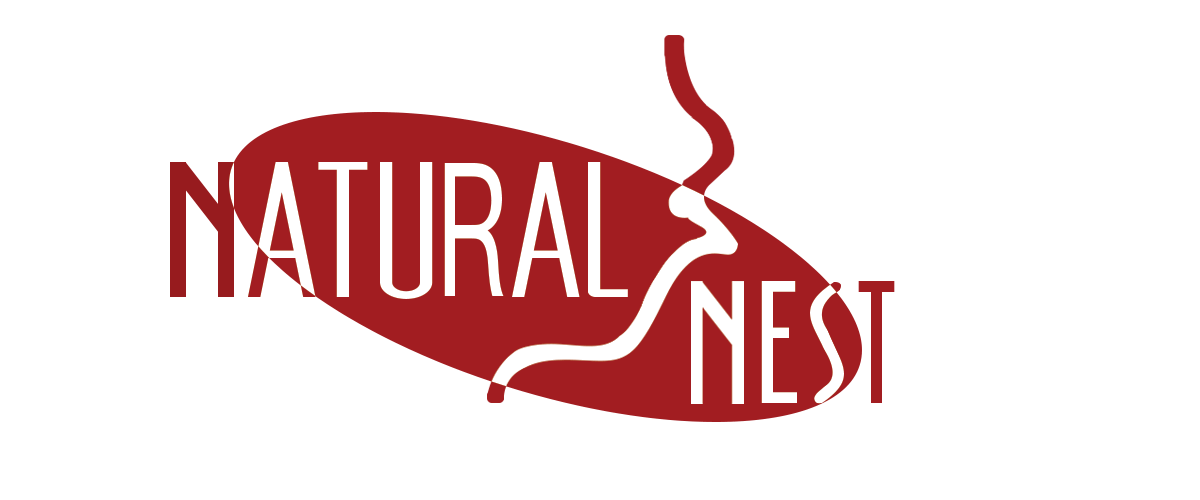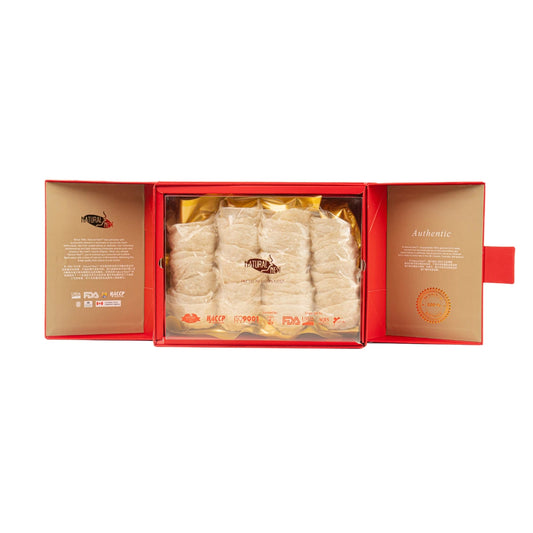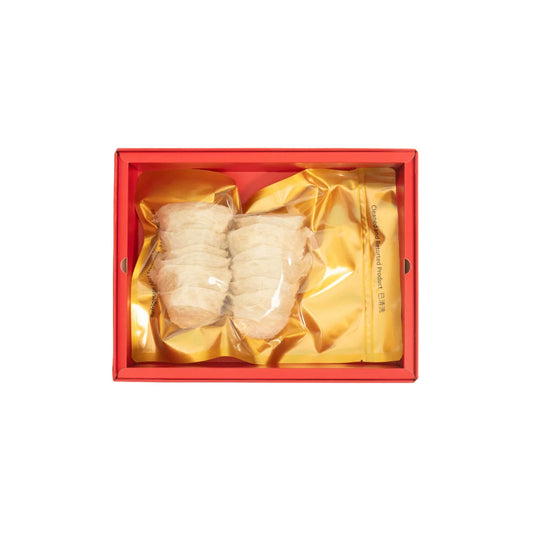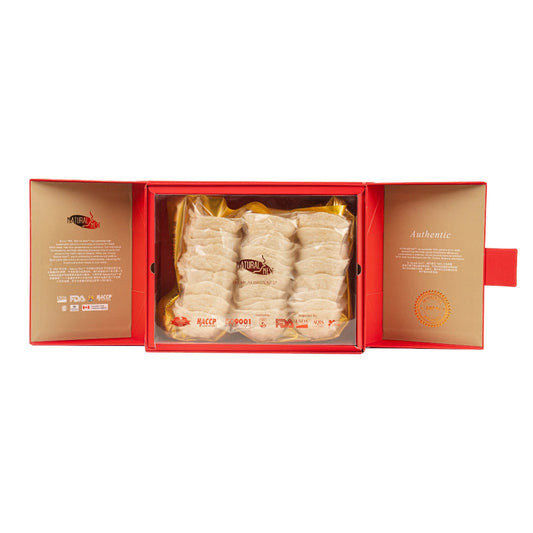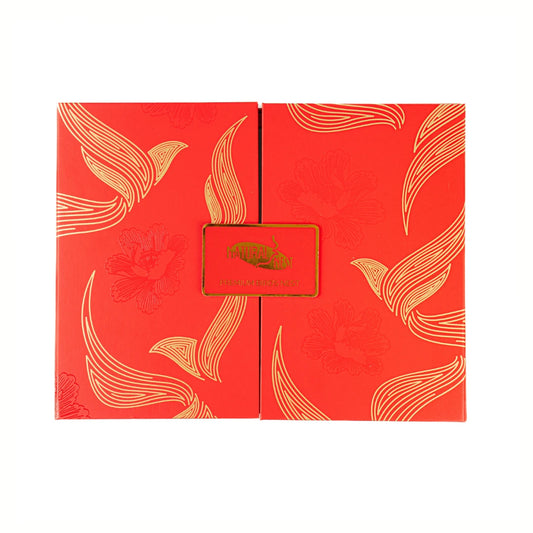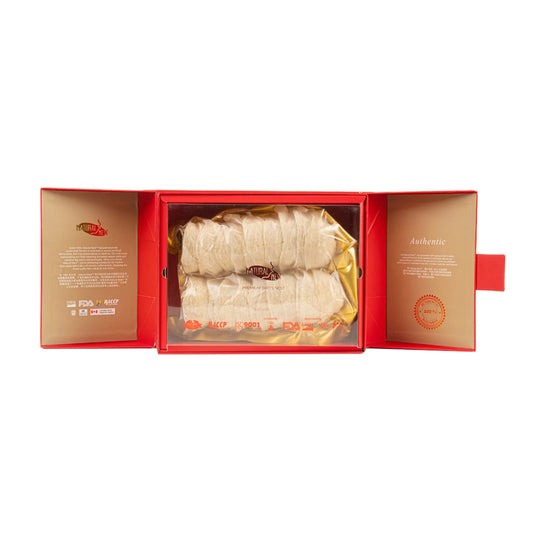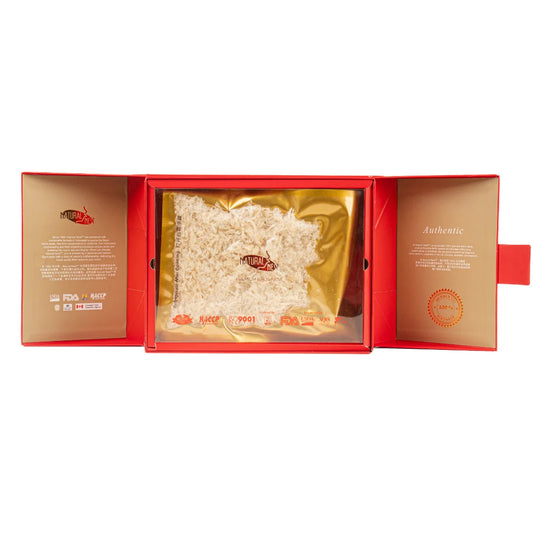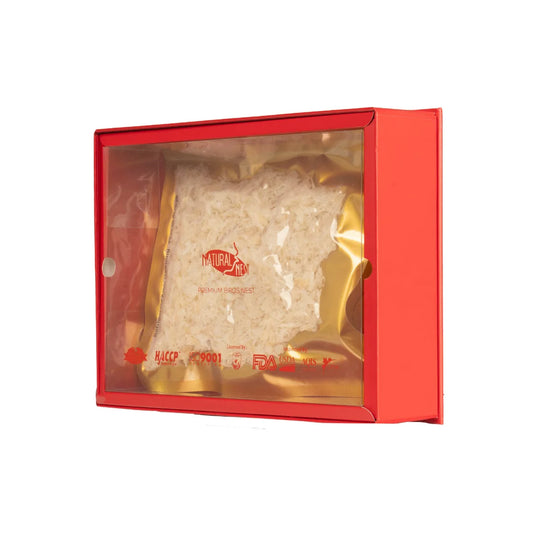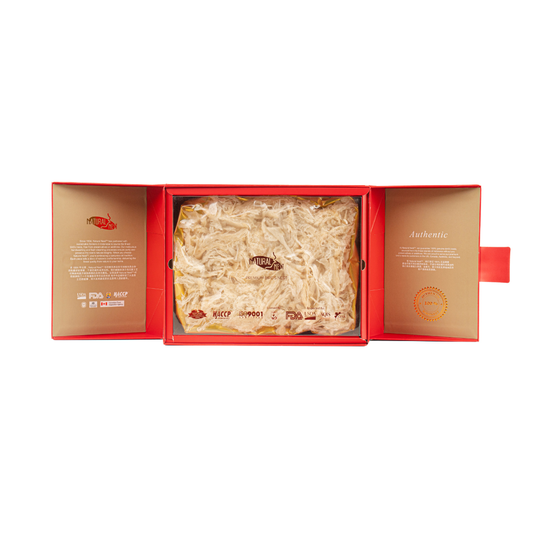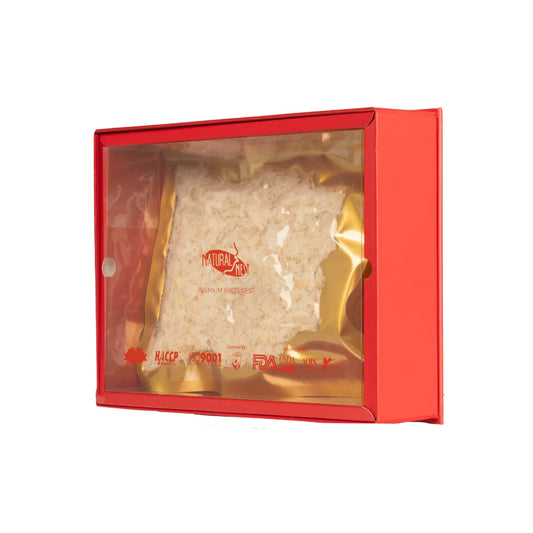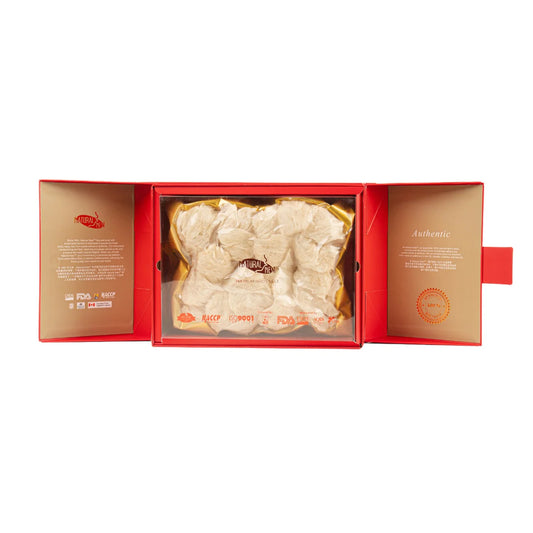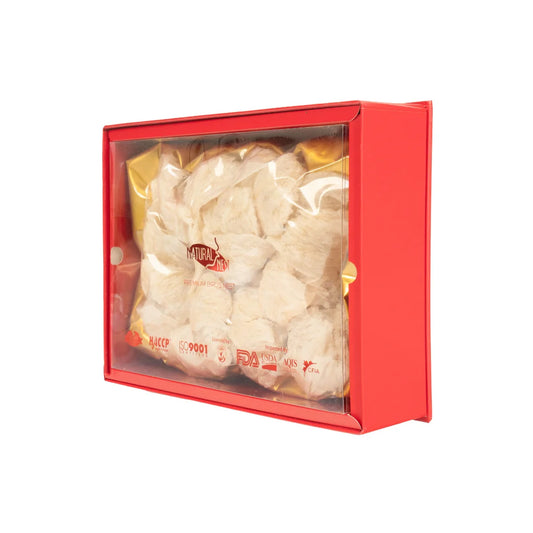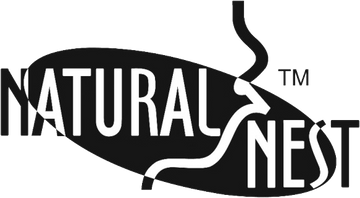Bird nest soup is a luxury delicacy cherished in many Asian cultures, renowned for its purported health benefits and rich history. However, behind its exquisite taste lies a contentious issue: the ethics of harvesting bird nests. These nests, primarily built by swiftlets, are made from the bird’s saliva and are painstakingly collected, often from caves or cliffs, to be processed into the prized ingredient for soups and other traditional remedies. While the demand for bird nests continues to grow, it is crucial to examine the ethical considerations involved in their harvesting and ensure that sustainability and animal welfare are prioritized.
1. Understanding the Harvesting Process
The nests used in bird nest soup are created by the Aerodramus fuciphagus, a species of swiftlet found in Southeast Asia. These birds build their nests by secreting a glue-like substance from their salivary glands, which hardens into a delicate, translucent nest. The nests are harvested by workers who scale steep cliffs or enter dark caves to collect them—often at great risk to their own safety.
The collection process is labor-intensive and involves carefully removing the nests without damaging them. However, there is a growing concern over the way some harvesting practices are conducted. In certain areas, nests are taken too early in the breeding season, depriving the swiftlets of their homes before they can raise their young. This can lead to a decrease in swiftlet populations, especially when nests are collected in large quantities or without proper regulation.
2. Sustainability and Conservation Issues
Sustainability is one of the primary concerns regarding the ethics of bird nest harvesting. Unregulated and over-harvesting of nests can lead to significant ecological imbalances. In some cases, swiftlet populations have been severely impacted by unsustainable practices. When nests are taken too frequently or at the wrong times of the year, it can cause a decline in the bird population, disrupting the natural reproductive cycles of these species.
In recent years, various conservation organizations and governments have introduced regulations and guidelines to protect swiftlet populations. Some countries, such as Malaysia and Indonesia, now implement sustainable harvesting practices that limit the number of nests that can be collected each season. These regulations help ensure that the birds have enough time to breed and build new nests, balancing the needs of both the animals and the people who rely on them.
3. Ethical Concerns Around Swiftlet Welfare
Another key ethical issue revolves around the welfare of the birds themselves. Harvesting methods that are invasive, such as disturbing nesting sites during the breeding season, can be stressful for the swiftlets and their young. In some cases, the removal of nests from active breeding sites can result in abandoned eggs or chicks, leading to unnecessary harm to the birds.
In response to these concerns, many ethical suppliers have started offering bird nest products that are sourced from farms rather than wild caves. These controlled environments are designed to mimic the natural conditions of swiftlets' habitats while ensuring the safety and well-being of the birds. These farm-based nests are typically harvested in a manner that causes minimal disruption to the birds, with some farms even implementing “bird-friendly” practices that encourage natural nesting behaviors.
4. Consumer Responsibility: What You Can Do
As consumers, it is important to be informed about the origins of the products we buy. When purchasing bird nest products, it is essential to choose suppliers that adhere to ethical and sustainable harvesting practices. Look for certifications that ensure the nests are ethically sourced and that the swiftlet populations are not being harmed. Transparency in the supply chain is key to making responsible purchasing decisions.
In addition, supporting brands that invest in sustainable farming practices and animal welfare can encourage the industry to adopt more ethical standards. Many companies are now investing in swiftlet farms that prioritize both the quality of the nests and the health of the birds. By supporting these efforts, consumers can help promote a more sustainable and ethical industry.
5. The Future of Bird Nest Harvesting
The ethics of harvesting bird nests remains a critical issue as demand continues to grow. Fortunately, increasing awareness and advancements in sustainable practices are helping to mitigate some of the ethical concerns surrounding the industry. Governments, conservation groups, and ethical producers are working together to ensure that swiftlet populations remain stable while still allowing for the continued enjoyment of bird nest soup.
The future of bird nest harvesting depends on a balanced approach that prioritizes both the well-being of the swiftlets and the needs of local communities. By choosing ethically sourced products and supporting sustainable practices, consumers can play a key role in ensuring that the delicacy remains a sustainable and humane tradition for years to come.
Conclusion
Bird nest soup is more than just a culinary indulgence—it is a product tied to cultural heritage and health practices. However, the ethics of harvesting bird nests requires careful consideration, especially when it comes to sustainability and animal welfare. As awareness around these issues grows, it is essential for consumers to make informed choices that support ethical practices and contribute to the preservation of swiftlet populations. By making responsible purchasing decisions, we can enjoy this delicacy while ensuring a sustainable future for both the birds and the people who rely on them.
